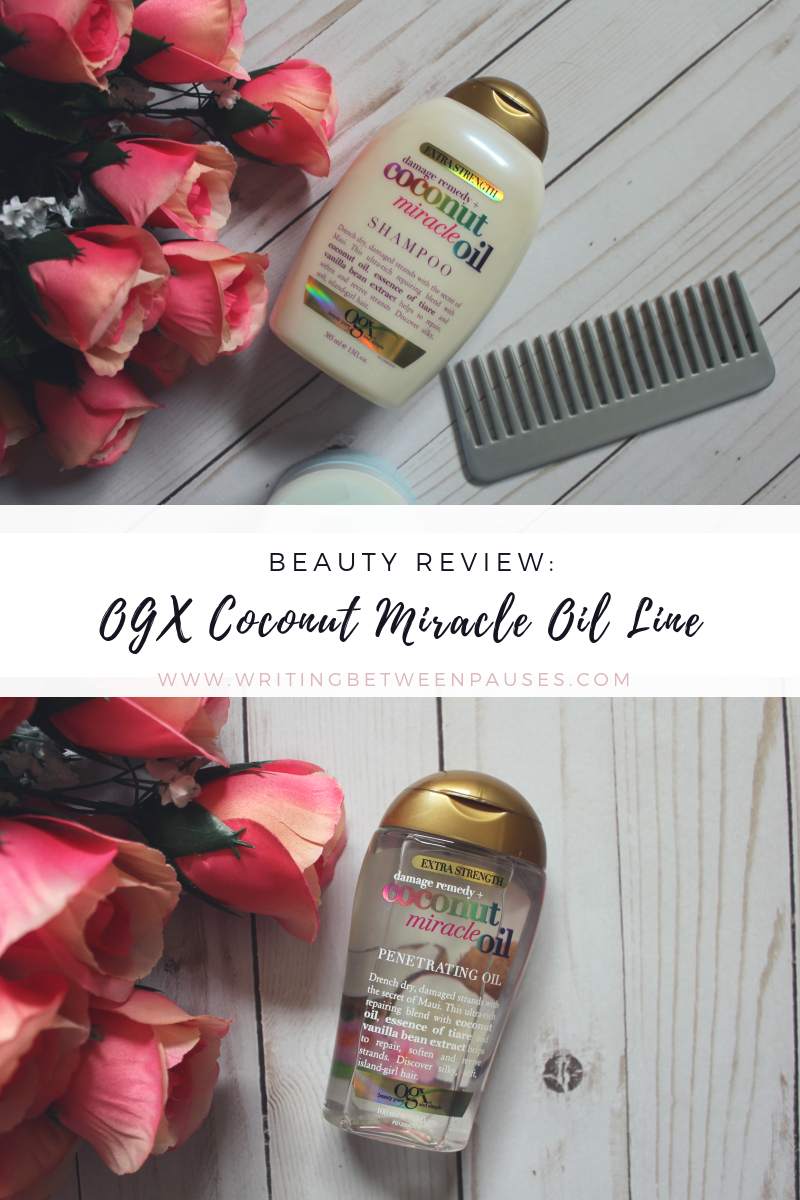Sulfate-free shampoo is all the rage in beauty communities. Jonathan Van Ness, from Queer Eye, advocates using sulfate free shampoos, as sulfates are believed to coat and potentially damage our hair. I’ve written about going sulfate-free before, and a few things you need to know about going sulfate-free.
My perspective on sulfate-free shampoos is that there are going to be some people, and some hair types, that benefit from sulfates and some that don’t. For example. I think my hair actually thrives with shampoo with sulfates; I have pretty manageable, easy hair and I don’t use product very often, so I didn’t have to worry about build up. However, my scalp really hates sulfates because it’s incredibly sensitive, which is why I went sulfate-free about 6 months ago.
However, I don’t think going sulfate-free is right for everybody. If your shampoo works for you, then keep using it, honey!
But if you’re curious about trying sulfate-free shampoos, there is a bit of a learning curve to starting using them. The big difference between shampoos with sulfates and those without is that sulfate-free shampoos don’t foam. It’s more like using a thin conditioner. That first wash can be a little bit confusing if you’re not aware that your new shampoo won’t get sudsy. And for some people, that sudsy, squeaky clean feeling is really important to them! So, here are a few if my tips and advice for using sulfate-free shampoos.
1. You Need A Lot of Water (& Less Product)
We all have our own process for washing our hair. I know for me, I’ve been washing my hair a specific way for years and I rarely deviate from my routine. It’s something I don’t ever really even think about. I know how to rinse shampoo out of my hair, I know how to wash my hair, these are things I know. But once I started using sulfate-free shampoo, it felt like everything changed.
Here’s the thing about sulfate-free shampoo: like I said, it’s like using a thinner conditioner. It doesn’t foam up like soap does. So the process of washing my hair fundamentally changed and I had to change along with it!
One thing I learned, through a lot of trial and error, was that I needed a lot more water in my hair before I started washing it with sulfate-free shampoo. I also learned that I needed to spend a lot more time rinsing my hair, making sure I got all the shampoo out. If I don’t do these two very important steps, I end up having leftover product in my hair—which isn’t a great feeling.
As well, you need significantly less sulfate-free shampoo starting out than a standard shampoo. Just a single pump or dollop to start out, then working through your hair with plenty of water.
2. Growing Pains
The first few washes with sulfate-free shampoo often are what make people think sulfate-free shampoo isn’t for them. I know for a while I definitely thought I’d made a mistake; my hair no longer felt smoothy or silky, or even clean. It felt… weird. Dry, a little frizzy, and generally not as nice looking as I expect my hair to look. However, if you power through and keep on keeping on, eventually your hair will recover from the shock of not having sulfates anymore.
The thing about sulfates, for some hair types, is that they can coat the strands of your hair; when you stop using them, your hair has to shed all that built up product and residue. Some people can switch effortlessly, depending on their hair type, and others have a few days or weeks of growing pains.
So, with sulfate-free shampoos, remember: you’re going to have a period of adjustment.
3. Condition, Condition, Condition
Going sulfate-free means that your hair is more likely to get dry, especially if you use heat styling products or live in a climate that is hot and dry. Conditioning is a huge step. Using a matching conditioner to your shampoo will be important, plus adding a weekly hair mask to help keep your strands looking fresh. I like using the Shea Moisture Manuka Honey mask once a week after shampooing.












